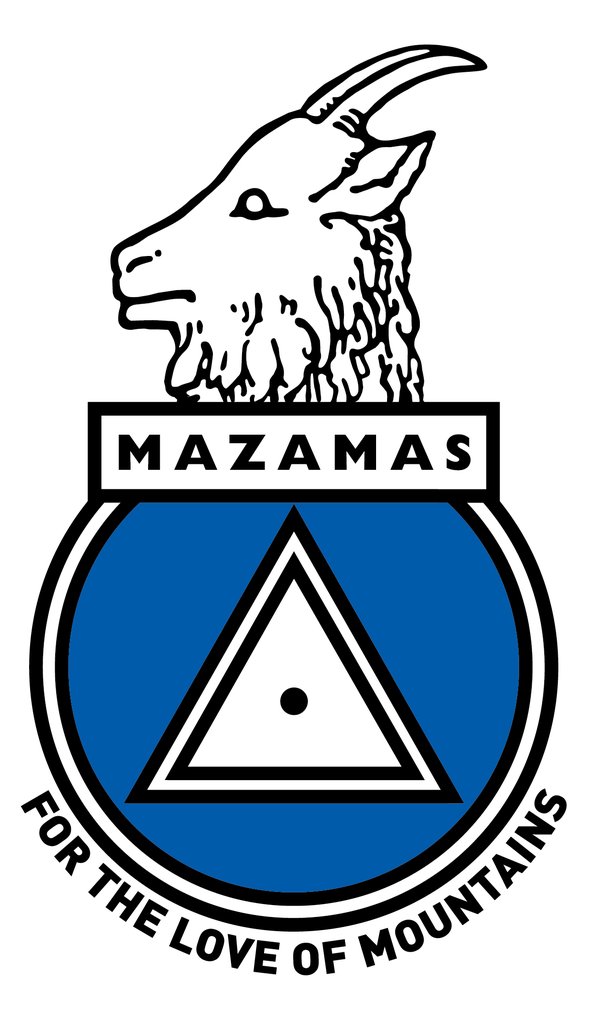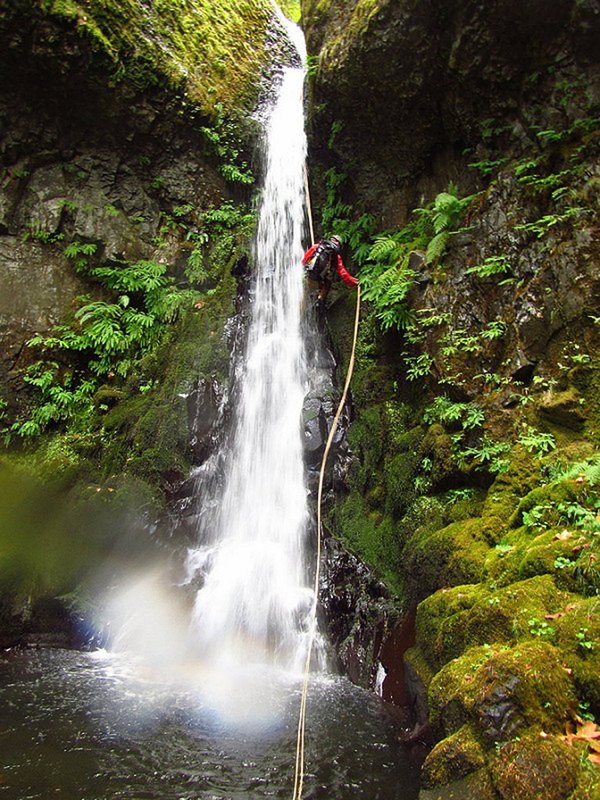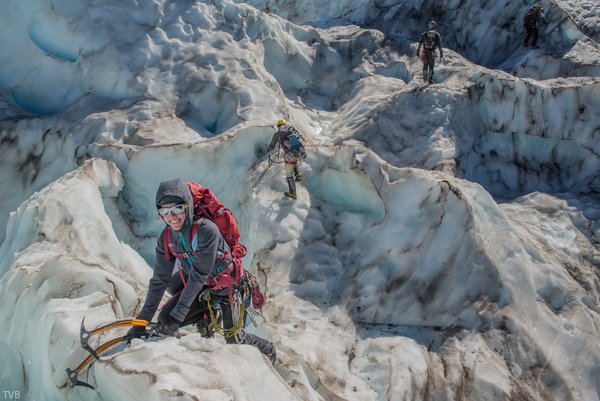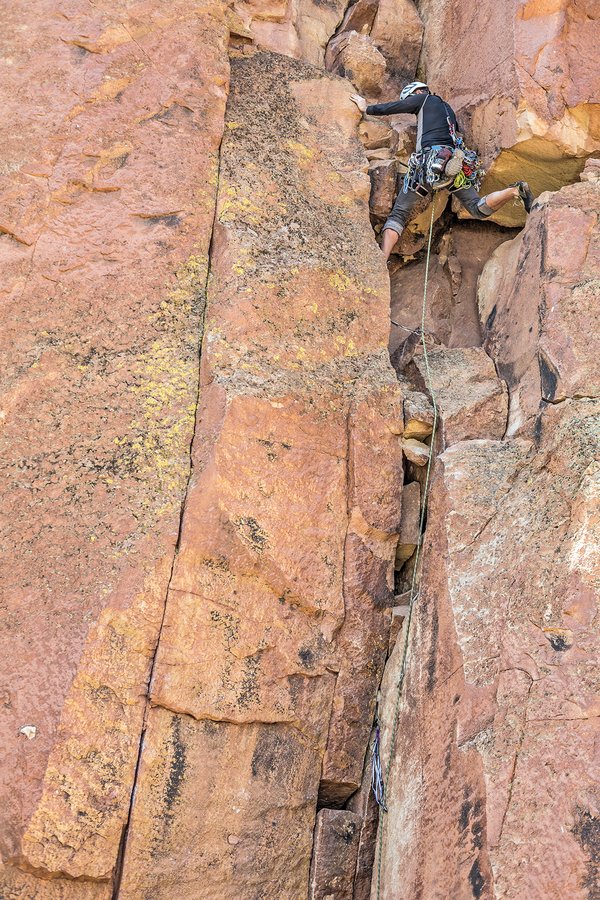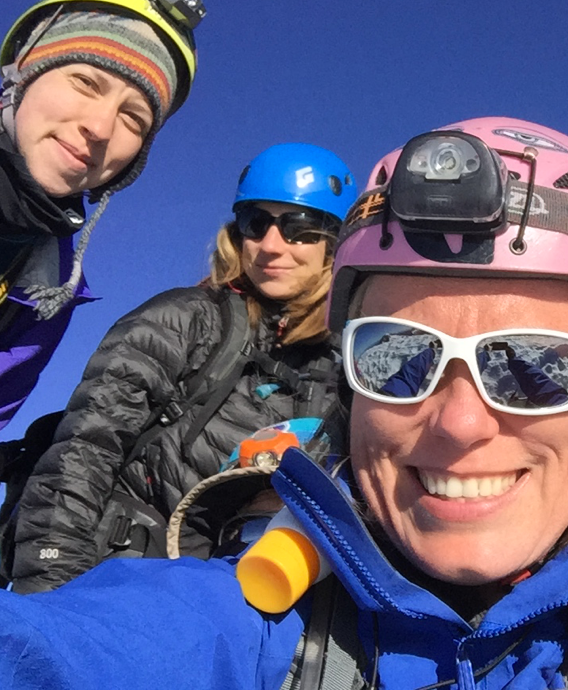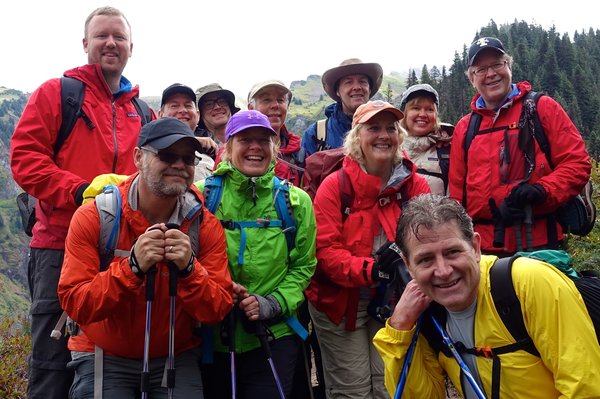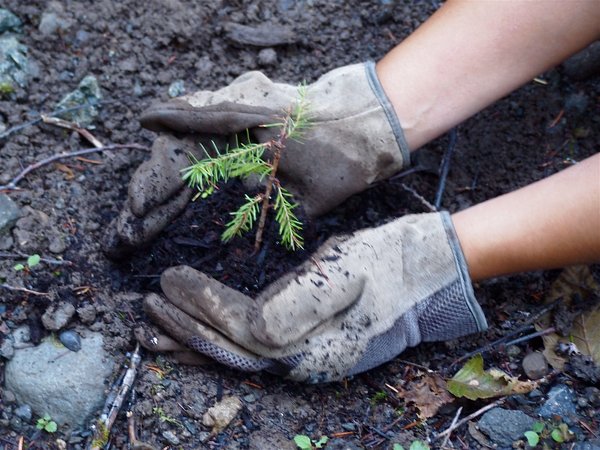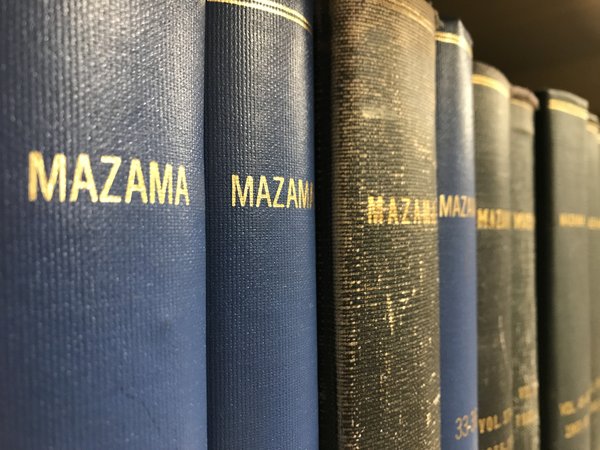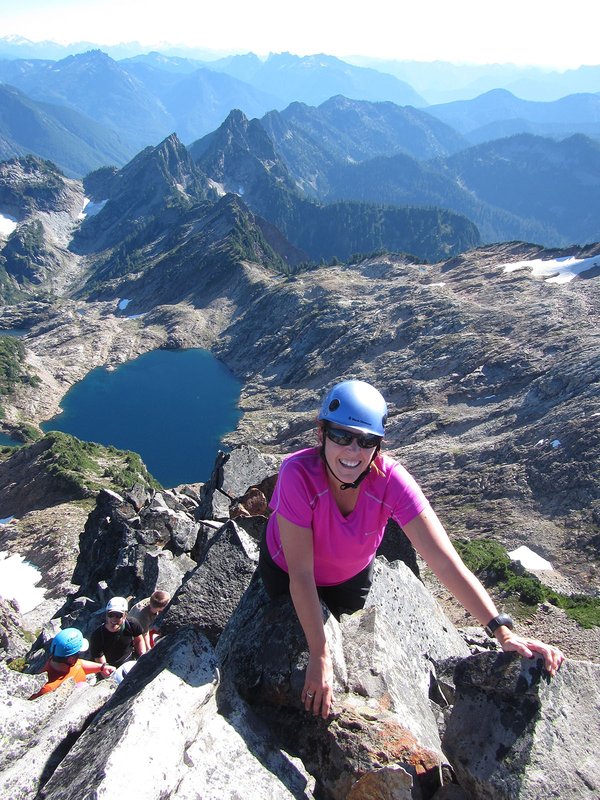Activity Notes
The module we will be covering on April 16th is: Module 10: Wilderness First Aid, with special presentations from the Mazamas Critical Incidents team and from Portland Mountain Rescue.
The schedule for the evening is:
6:00 PM Doors Open
6:30 PM Announcements/Introductions
6:40 PM Climbing First Aid
7:00 PM Critical Incident Stress Management
7:10 PM Portland Mountain Rescue
7:30 PM Breakout Session
9:00 PM Clear the Building by 9:30 PM
MODULE 10—BASIC WILDERNESS FIRST AID
- Know the definition of Wilderness First Aid. MAZ
- Assemble a First Aid Kit appropriate for alpine climbing that you know how to use. p.501
- Understand the importance of communicating injuries to the climbing team. MAZ
- Learn how to prevent and treat blisters. p.514-515
- Know how to prevent, recognize, and treat hypothermia. p.508-510
- Know the difference between dehydration, hyponatremia, heat exhaustion, and heat stroke. Be able prevent and treat each of these. p.505-508
- Know the symptoms of acute mountain sickness, High-altitude pulmonary edema, and High-altitude cerebral edema. p.513-514
If you are using the 8th edition of FOTH, your pages are:
MODULE 10—BASIC WILDERNESS FIRST AID
- Know the definition of Wilderness First Aid. MAZ
- Assemble a First Aid Kit appropriate for alpine climbing that you know how to use. p.513–514
- Understand the importance of communicating injuries to the climbing team. MAZ
- Learn how to prevent and treat blisters. p.510–511
- Know how to prevent, recognize, and treat hypothermia. p.504–506
- Know the difference between dehydration, hyponatremia, heat exhaustion, and heat stroke. Be able prevent and treat each of these. p.503–504
- Know the symptoms of acute mountain sickness, High-altitude pulmonary edema, and High-altitude cerebral edema. p.507–509
Your team leaders will provide you with information RE the breakout sessions.
